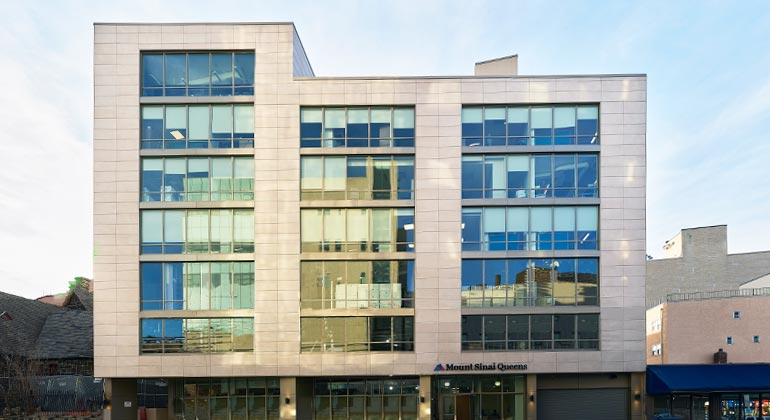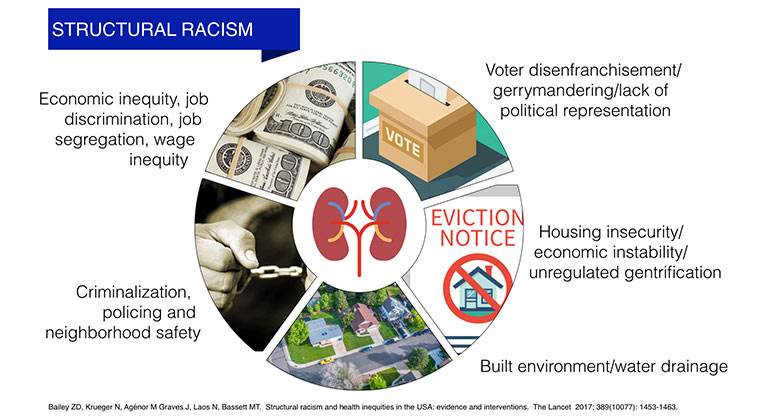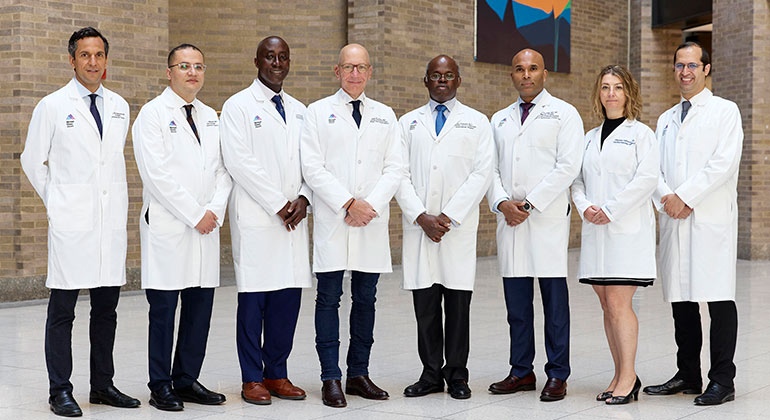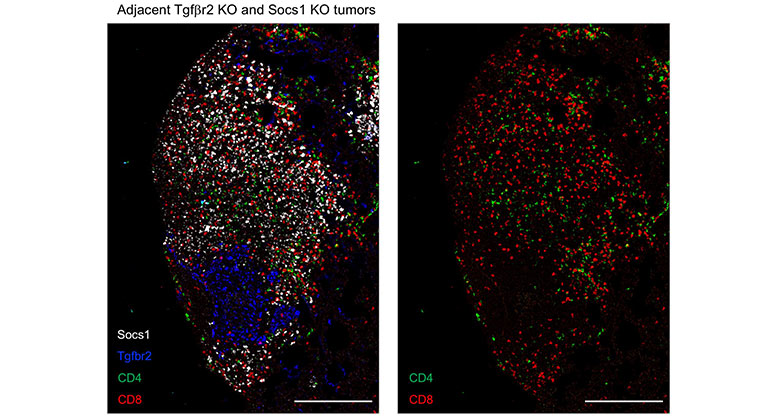The Mount Sinai Medical Center Reminds New Yorkers: Replace Unhealthy Foods with Fresh Fruits and Vegetables
Joins Union of Concerned Scientists to Urge Greater Consumption of Produce to Curb Diabetes & Obesity and Help Reduce Healthcare Costs
It's a message we've heard since we were young: "Eat your vegetables." Now, a new report from the Washington, D.C.-based Union of Concerned Scientists (UCS) and unveiled during an event hosted by The Mount Sinai Medical Center reinforces the call to increase consumption of fresh fruits and vegetables to help reduce the epidemics of obesity, diabetes and heart disease, resulting in healthcare cost savings.
The study, titled "The $11 Trillion Reward: How Simple Dietary Changes Can Save Lives and Money, and How We Get There," is available online at http://www.ucsusa.org/assets/documents/food_and_agriculture/11-trillion-reward.pdf.
"We are pleased to join the Union of Concerned Scientists in their call for Americans to eat more fruits and vegetables to help reduce the adverse health effects of poor diet and nutrition and the resulting economic burden of healthcare costs," said David Reich, MD, Interim President of The Mount Sinai Hospital. "Nowhere is that need more greatly illustrated than right here: our medical center lies on the border between East Harlem, where rates of obesity and diabetes are nearly double those of the city average, and the Upper East Side, where it is just the opposite. Mount Sinai will continue to lead the way in research and in forging partnerships to directly address these disparities and help give our neighbors the healthy food options they deserve."
Mount Sinai's Center for Health Equity and Community-Engaged Research is at the forefront of helping to improve the health of our diverse patient population. The Center is co-led by Carol Horowitz, MD, Associate Professor of Health Policy and of Medicine at the Icahn School of Medicine at Mount Sinai. Dr. Horowitz leads several community-based interventions to address diabetes, obesity and heart disease, and has secured funding from the National Institutes of Health and the Centers for Disease Control and Prevention (CDC) for their critically important work.
Mount Sinai serves a community, East Harlem, which is at the center of the twin epidemics of diabetes and obesity. The neighborhood has a death rate from diabetes and an obesity rate that is five times that of people living on the Upper East Side. Furthermore, of the adults living in this community:
- About one-third are obese, and two-thirds are overweight or obese
- One-third has hypertension (high blood pressure)
- One in six has diabetes
- In any given week, nearly one in five adults have not eaten a single fruit or vegetable
"Quite literally," said Dr. Horowitz, "the difference between whether or not you're likely to have diabetes or be obese comes down to whether you live on the south side of 99th Street, or the north side of 99th Street."
To help address those disparities, the Mount Sinai Greenmarket was founded in partnership with Grow NYC, a non-profit organization that aims to improve the quality of life for all New Yorkers through environmental programs, public gardens, recycling services and, and greenmarkets. Held every Wednesday from June through November, the Mount Sinai Greenmarket increases access to fresh fruits and vegetables for hundreds of people in the East Harlem community.
Additionally, The Mount Sinai Medical Center provides its staff and patients healthier food choices, such as locally-sourced produce used in its salads, juices and other offerings through its cafeteria.
"We will continue to invest in these initiatives increasing access to healthier foods to help lower the impact of disease and, ultimately, reduce the costs of providing quality healthcare," said Dr. Reich.
About The Mount Sinai Medical Center
The Mount Sinai Medical Center encompasses both The Mount Sinai Hospital and Icahn School of Medicine at Mount Sinai. Established in 1968, the Icahn School of Medicine is one of the leading medical schools in the United States, and is noted for innovation in education, biomedical research, clinical care delivery, and local and global community service. It has more than 3,400 faculty in 32 departments and 14 research institutes, and ranks among the top 20 medical schools both in National Institutes of Health (NIH) funding and by U.S. News & World Report.
The Mount Sinai Hospital, founded in 1852, is a 1,171-bed tertiary- and quaternary-care teaching facility and one of the nation's oldest, largest and most-respected voluntary hospitals. In 2012, U.S. News & World Report ranked The Mount Sinai Hospital 14th on its elite Honor Roll of the nation's top hospitals based on reputation, safety, and other patient-care factors.
For more information, visit Mount Sinai on the web, Facebook, Twitter or YouTube.
About the Mount Sinai Health System
Mount Sinai Health System is one of the largest academic medical systems in the New York metro area, with more than 43,000 employees working across eight hospitals, over 400 outpatient practices, nearly 300 labs, a school of nursing, and a leading school of medicine and graduate education. Mount Sinai advances health for all people, everywhere, by taking on the most complex health care challenges of our time — discovering and applying new scientific learning and knowledge; developing safer, more effective treatments; educating the next generation of medical leaders and innovators; and supporting local communities by delivering high-quality care to all who need it.
Through the integration of its hospitals, labs, and schools, Mount Sinai offers comprehensive health care solutions from birth through geriatrics, leveraging innovative approaches such as artificial intelligence and informatics while keeping patients’ medical and emotional needs at the center of all treatment. The Health System includes approximately 7,300 primary and specialty care physicians; 13 joint-venture outpatient surgery centers throughout the five boroughs of New York City, Westchester, Long Island, and Florida; and more than 30 affiliated community health centers. We are consistently ranked by U.S. News & World Report's Best Hospitals, receiving high "Honor Roll" status, and are highly ranked: No. 1 in Geriatrics and top 20 in Cardiology/Heart Surgery, Diabetes/Endocrinology, Gastroenterology/GI Surgery, Neurology/Neurosurgery, Orthopedics, Pulmonology/Lung Surgery, Rehabilitation, and Urology. New York Eye and Ear Infirmary of Mount Sinai is ranked No. 12 in Ophthalmology. U.S. News & World Report’s “Best Children’s Hospitals” ranks Mount Sinai Kravis Children's Hospital among the country’s best in several pediatric specialties.
For more information, visit https://www.mountsinai.org or find Mount Sinai on Facebook, Twitter and YouTube.
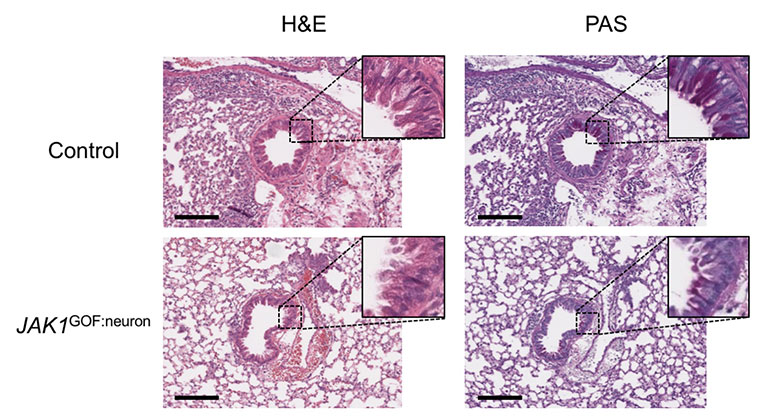
New Insights Revealed On Tissue-Dependent Roles of JAK Signaling in Inflammation
Dec 21, 2023 View All Press Releases


